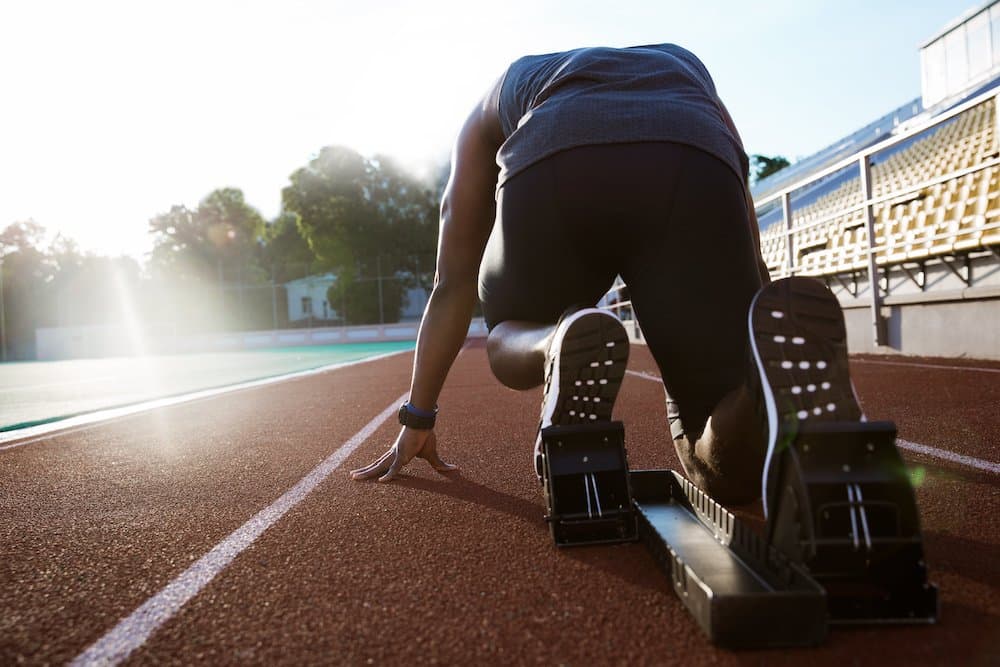
2025-06-10T13:54:10
Understanding Skin Grafts
- Dermatology
- Family Medicine
- Internal Medicine
- Orthopedics
May 28, 2019 | Orthopedics
Specialties:Orthopedics

Patients are often nervous about what they will and won’t be able to do after a knee replacement. Most people, however, can do even more after a knee replacement than they could before. Below are some guidelines for activities that are safe and those you should avoid, but, ultimately, it’s up to you and your doctor to decide what’s best for you.
If you have an artificial knee, you should avoid any high-impact activities that put stress on your joint. These high-impact activities may include aerobic exercises or calisthenics, but that doesn’t mean that you should avoid aerobic activity altogether. There are quite a few low-impact aerobic exercises you can perform, such as cycling, walking and swimming. If you’re interested in taking a fitness class, there are usually low-impact options available. If you’re not sure whether or not a certain class is low impact or high impact, be sure you ask before enrolling.
Aside from high-impact activities, you should be able to resume doing most of the things you like to do after a knee replacement. The key is to progress gradually, listen to your body and avoid any activities that make you feel pain or discomfort.
…Running? Orthopedic surgeons do not recommend running after knee replacement surgery because it is a high-impact activity that could put pressure on the joint and cause the implant to fail. However, running is one of the very few activities that orthopedic surgeons recommend you not engage in at all following knee replacement surgery. You can resume most other activities if you ease into them on a gradual basis.
…Traveling? If you are still healing from your knee replacement, talk to your doctor about whether you are ready for air travel. Changes in air pressure and reduced mobility on the airplane can cause swelling, which may lead to complications.
…Driving? You should not drive after a knee replacement while you are taking pain medications. When you’ve stopped taking medications and have regained normal reflexes and strength in your joint, talk to your doctor about if you are cleared to drive.
…Climbing Stairs? You should be able to gradually resume climbing stairs after knee replacement with physical therapy, but you should not attempt to climb stairs by yourself until your knee is strong and mobile.
…Sexual Activity? You may require a few weeks of recovery before you are able to safely engage in sexual activity, depending on your condition. Consult your doctor if you have any questions.
Once you’ve recovered, other safe activities include bowling, rowing, golf, weightlifting and yoga, although you may need slight modifications to protect your new knee.
Ask your doctor about any activities that you worry could harm your knee replacement. While you should be able to resume most of your previous activities, you should discuss any new activities with your surgeon.
Sources:
“Staying Active: Sports and Activities You Can Do After a Total Knee Replacement.” Healthline. https://www.healthline.com/health/total-knee-replacement-surgery/sports-activities-after#strengthand-flexibility
“Activities After Knee Replacement.” OrthoInfo, by the American Academy of Orthopaedic Surgeons.
https://orthoinfo.aaos.org/en/recovery/activities-after-knee-replacement/
WRITTEN BY:
The Live Better Team

2025-06-10T13:54:10

2024-06-21T14:29:51

2024-02-06T11:40:13

2023-03-30T11:23:12
This information is not intended to replace the advice of a medical professional. You should always consult your doctor before making decisions about your health.